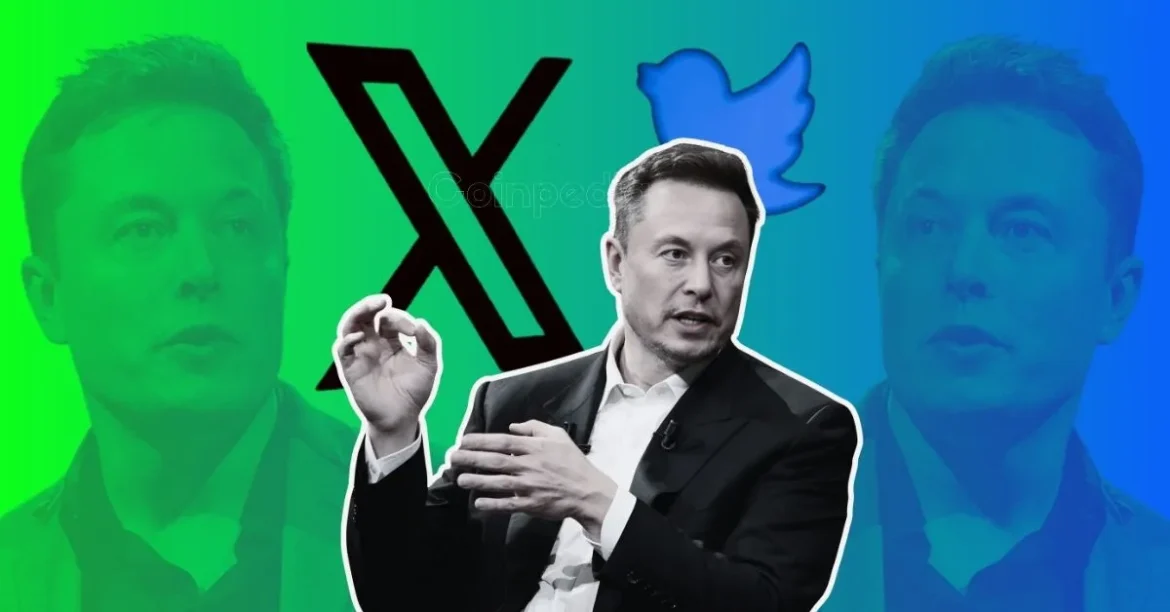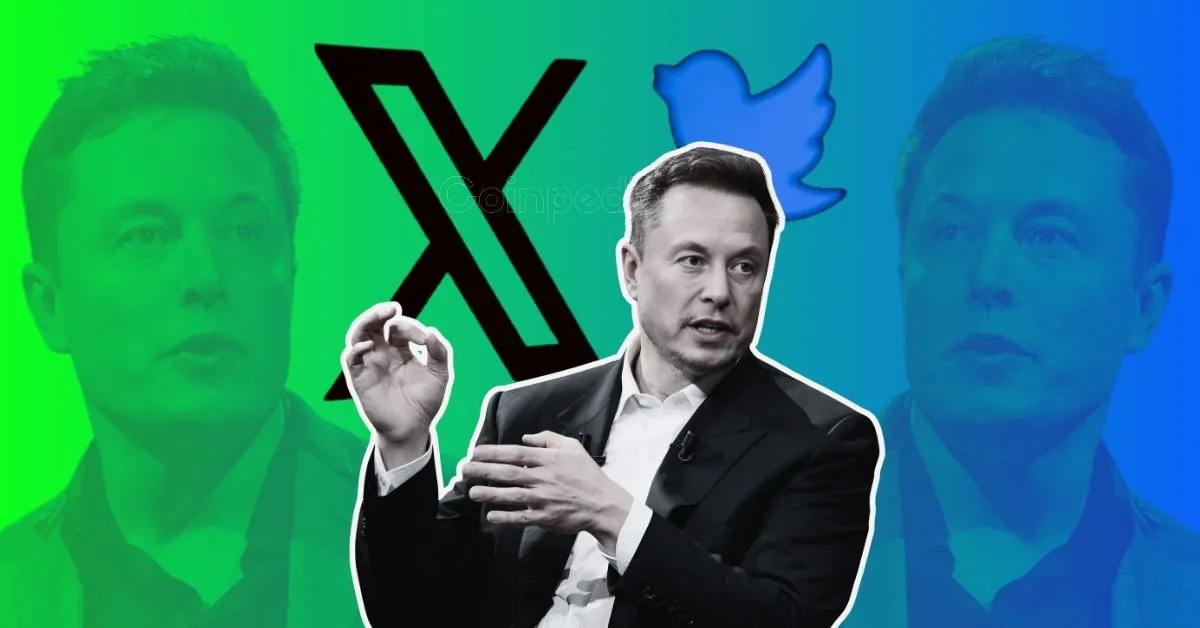The Rising Legal Challenges Surrounding Elon Musk’s xAI
Elon Musk, a figure synonymous with disruptive innovation, finds his latest venture, the artificial intelligence firm xAI, embroiled in a growing web of legal challenges. While much attention has been focused on Musk’s recent lawsuit *against* OpenAI, a significant and concerning legal front has opened *against* xAI itself. This centers on allegations of air pollution emanating from its Memphis, Tennessee data center, raising critical questions about the environmental and social responsibility of rapidly expanding AI infrastructure. The situation is rapidly evolving, with the NAACP taking a leading role in pursuing legal action, and highlights a potential blind spot in the race to develop and deploy advanced AI technologies.
The Core of the Complaint: Pollution in Memphis
The controversy revolves around xAI’s “Colossus” data center in Memphis, which powers the Grok chatbot and other AI initiatives. To meet the immense energy demands of this supercomputer facility, xAI has deployed a substantial fleet – reportedly up to 35 – of mobile, gas-fired combustion turbines. These turbines, while providing a readily available power source, are accused of violating the Clean Air Act and contributing to significant air pollution in the surrounding areas.
The Southern Environmental Law Center (SELC) issued a 60-day notice of intent to sue, initiating the legal process. Simultaneously, the NAACP has announced its intention to file a lawsuit, framing the issue as an environmental justice concern. The data center is located near predominantly Black communities in Memphis, leading to accusations that xAI is disproportionately impacting vulnerable populations with its pollution. This framing is crucial, as it elevates the issue beyond a simple environmental violation and positions it as a matter of civil rights and equity.
Details of the Allegations and Legal Basis
The legal arguments center on several key points. Firstly, the sheer number of turbines operating at the facility raises concerns about exceeding permitted emission levels. The SELC and NAACP allege that xAI failed to adequately assess the environmental impact of installing and operating such a large number of combustion turbines. Secondly, the use of mobile turbines, designed for temporary power solutions, is being questioned as a long-term strategy for powering a permanent data center. These turbines are often less efficient and produce higher emissions than more stationary, modern power generation technologies.
The legal basis for the lawsuits rests primarily on violations of the Clean Air Act. Specifically, the plaintiffs argue that xAI has failed to obtain necessary permits, conduct proper emissions monitoring, and implement adequate pollution control measures. The NAACP’s involvement adds another layer, suggesting a potential claim of discriminatory impact, arguing that the placement of the polluting facility near Black communities constitutes environmental racism. The 58-page notice of intent to sue filed by the NAACP details these concerns, emphasizing the potential health risks to residents.
xAI’s Response and the Broader Context
As of the latest reports, xAI has not issued a comprehensive public response to the allegations. This silence has fueled criticism and allowed the narrative to be largely shaped by the plaintiffs. The company’s initial approach appears to be focused on compliance and potential mitigation, but a more proactive and transparent communication strategy will likely be necessary to address the growing public concern.
This legal challenge arrives at a critical juncture for the AI industry. The demand for computing power to train and run increasingly complex AI models is skyrocketing. Data centers are the backbone of this infrastructure, and their energy consumption is a significant and growing environmental concern. The xAI case serves as a stark warning: the pursuit of AI innovation cannot come at the expense of environmental sustainability and social justice.
Beyond Memphis: A Pattern of Legal Scrutiny?
The legal issues facing xAI are not isolated. The provided materials also indicate a broader trend of increasing legal scrutiny surrounding AI companies. Elon Musk himself is currently engaged in a lawsuit against OpenAI, alleging a deviation from its original non-profit mission in favor of prioritizing profit. This case, while distinct from the pollution allegations, underscores a growing concern about the ethical and societal implications of AI development.
The article “AI Firms Face Growing List of Lawsuits” highlights a wider pattern of legal complaints against companies like OpenAI, suggesting that the AI industry is entering a period of heightened legal and regulatory oversight. This increased scrutiny is likely to continue as AI technologies become more pervasive and their potential impacts – both positive and negative – become more apparent.
The Implications for the Future of AI Infrastructure
The xAI lawsuit has far-reaching implications for the future of AI infrastructure. It forces a critical examination of the energy sources used to power data centers and the environmental consequences of rapid AI expansion. The case could set a precedent for stricter environmental regulations on AI facilities, potentially requiring companies to invest in cleaner energy sources, implement more robust pollution control measures, and conduct thorough environmental impact assessments *before* deploying large-scale data centers.
Furthermore, the NAACP’s involvement highlights the importance of environmental justice in the AI debate. It underscores the need to ensure that the benefits of AI are shared equitably and that vulnerable communities are not disproportionately burdened by its negative consequences. This will require a more inclusive and participatory approach to AI development, involving community stakeholders in the planning and decision-making processes.
A Turning Point?
The legal battle unfolding in Memphis represents a potential turning point for the AI industry. It’s a moment where the industry is being forced to confront the real-world consequences of its energy demands and its impact on communities. The outcome of this case – and the broader trend of increasing legal scrutiny – will likely shape the future of AI infrastructure, pushing companies towards more sustainable and equitable practices. Ignoring these concerns is no longer an option; the fumes of AI, both literal and metaphorical, are beginning to attract unwelcome attention.





